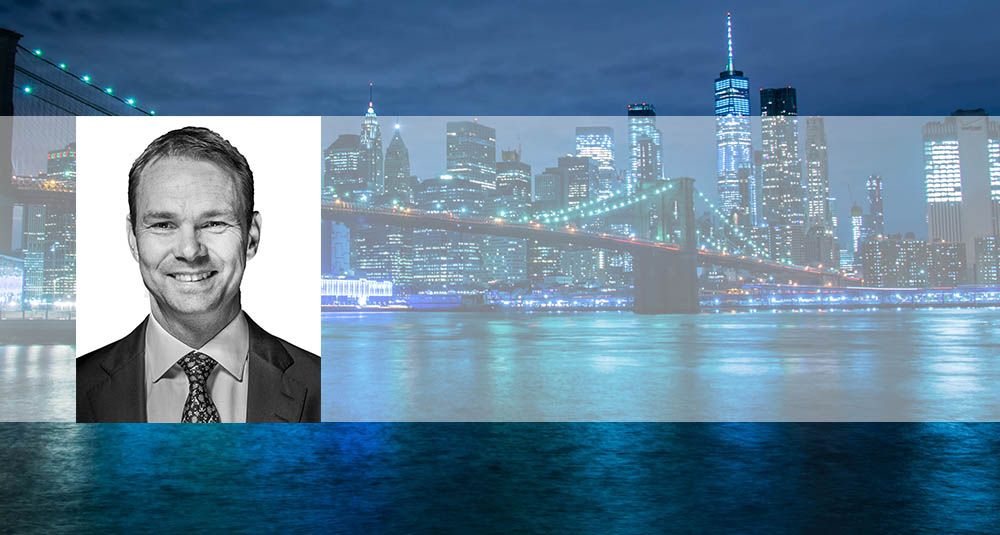Also available in Japanese HTML / PDF
Roppestad was keynote speaker at the Marine Insurance Asia conference held on 21-23 April, an annual industry event convening more than 1000 executives and professionals from the global maritime businesses. Under the heading ‘Asia’s Growing Influence in Sustainable Marine Insurance’, he highlighted the region’s increasingly dominant role, not only in global shipping as such, but also in pushing for innovation and sustainable solutions.
‘Asia controls 50 per cent of the world fleet, it builds 90 per cent of the world tonnage. It dominates the supply of seafarers and has more than half of the world’s 200 biggest ports. Safe to say that Asia is pulling their weight when it comes to global shipping,’ said Roppestad.
Differences in claims
Roppestad also presented newly compiled claims data showing a significant difference in where marine claims occur. A heat map, based on inputs from Lloyd’s List Intelligence and Windward Predictive Intelligence Platform, demonstrated the global ‘hot spots’ for groundings and collisions. When this data is adjusted for the number of sailing days in each region, it becomes strikingly clear that Asia – despite having some of the busiest shipping routes in the world – has much lower grounding and collision incident rates than other parts of the world.
Heat map showing global groundings and collisions by region. Sources: Lloyd’s List Intelligence and Windward Predictive Intelligence Platform
Groundings and collisions by region adjusted for sailing days. Source: Lloyd’s List Intelligence and Windward.
Of course, some of these differences can probably be ascribed to natural conditions and geography. For instance, shipping in the Americas is more river-based than in Asia, increasing the likelihood for accidents. However, part of the difference also has to do with ‘good practice’, said Roppestad.
‘Good systems for vessel traffic control, good infrastructure, how much each country invests in their ports – all of these are likely to have an impact on the number of accidents and the number of claims that we are seeing.’
‘Energizing’ development
Roppestad also praised Asia’s maritime clusters – the shipowners, yards, suppliers, and financial institutions – for increasingly taking a clear stand on sustainability. New technology and new fuels are being implemented at record speed and major Asian shipping companies are also promoting sustainable ship recycling.
‘This is both energizing and encouraging to see,’ said Roppestad. ‘Given the projected increase in world population and shipping, we need to significantly reduce our industry’s carbon footprint,’ he added.
A recording of the full keynote address (also including the opening speech of Kitack Lim, Secretary General, International Maritime Organisation) is available here. Roppestad’s presentation can be downloaded here.
Gard’s Loss Prevention department will be publishing a separate insight on regional differences in claims frequencies soon.
* *



